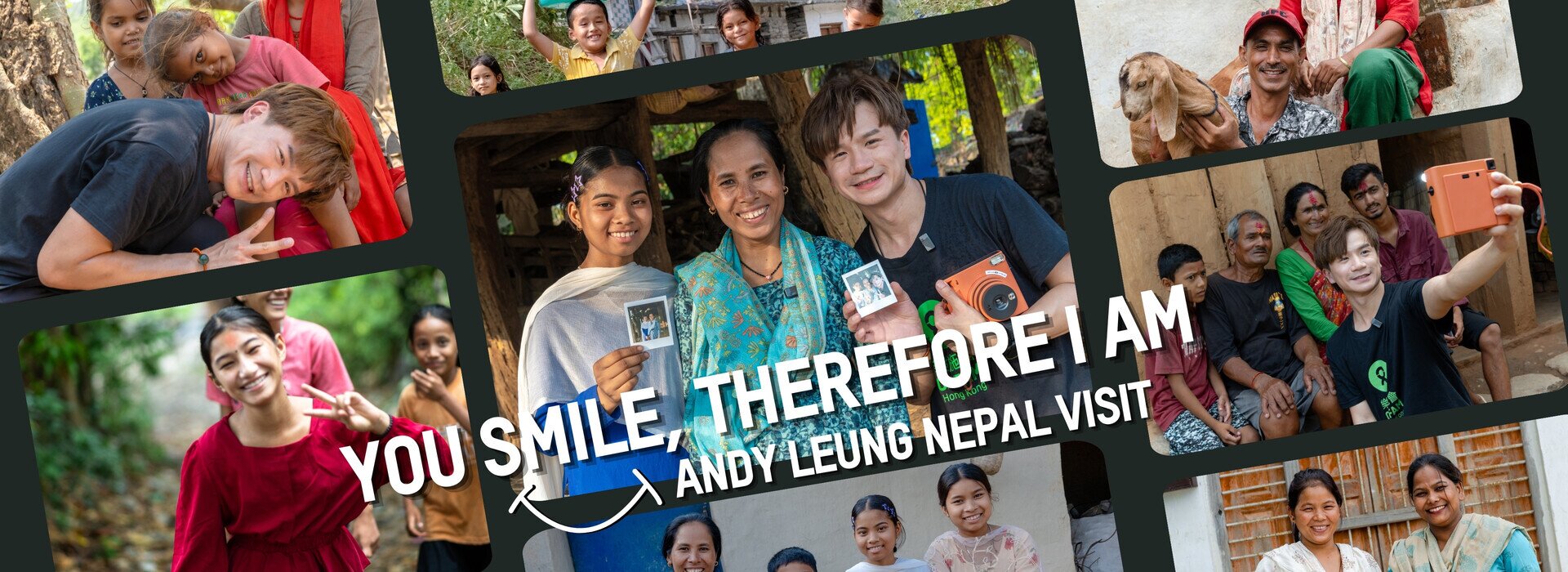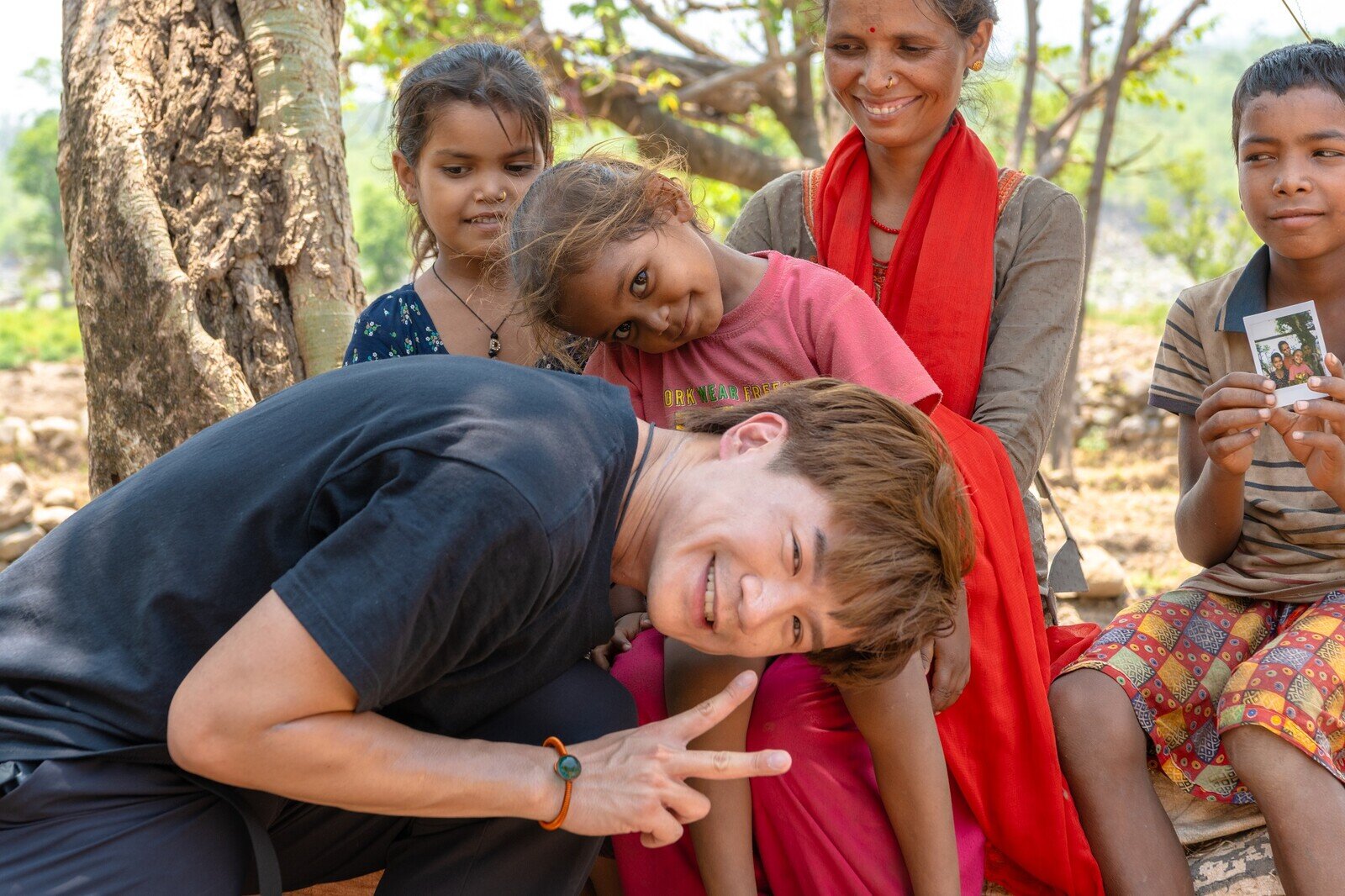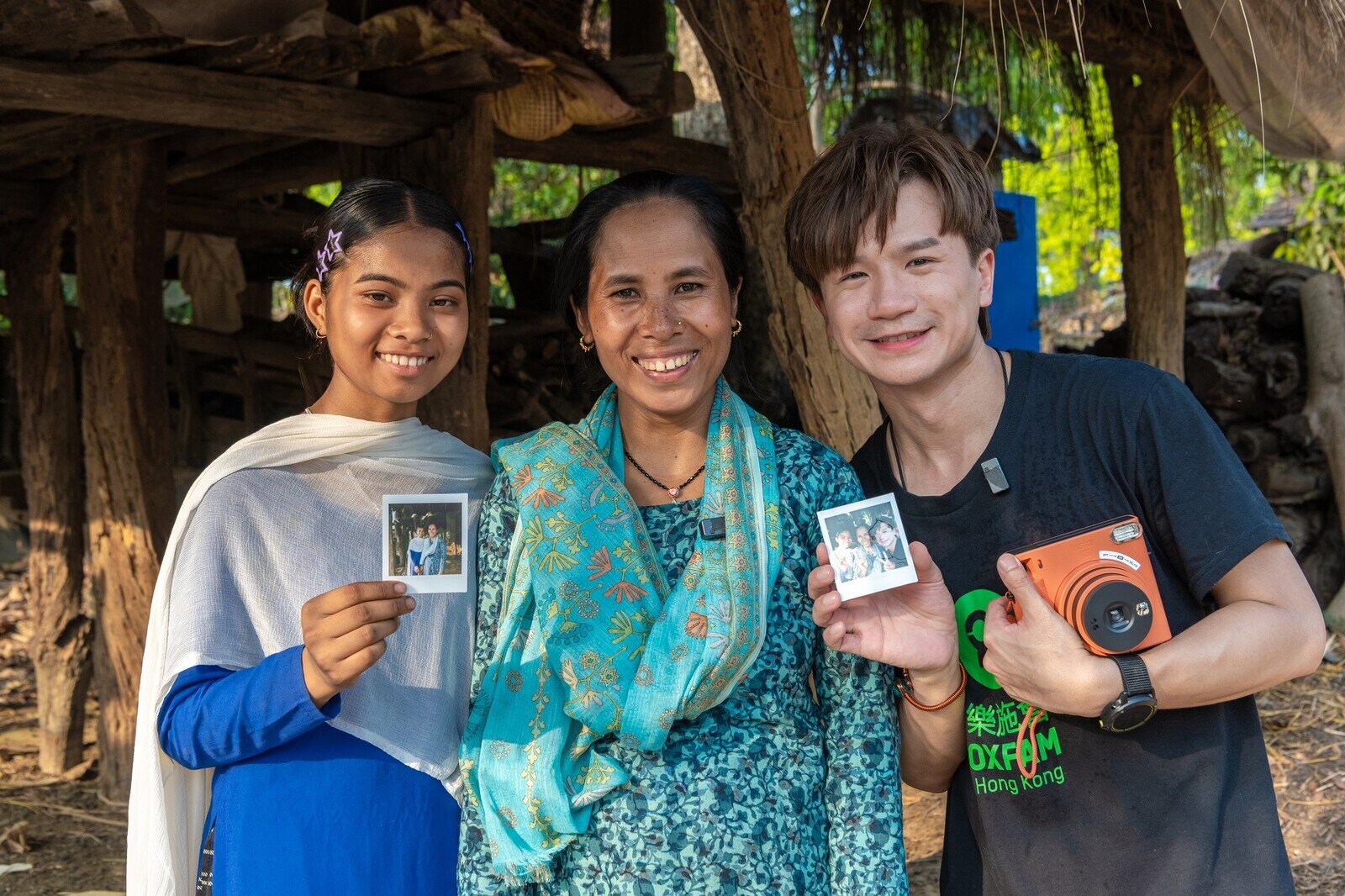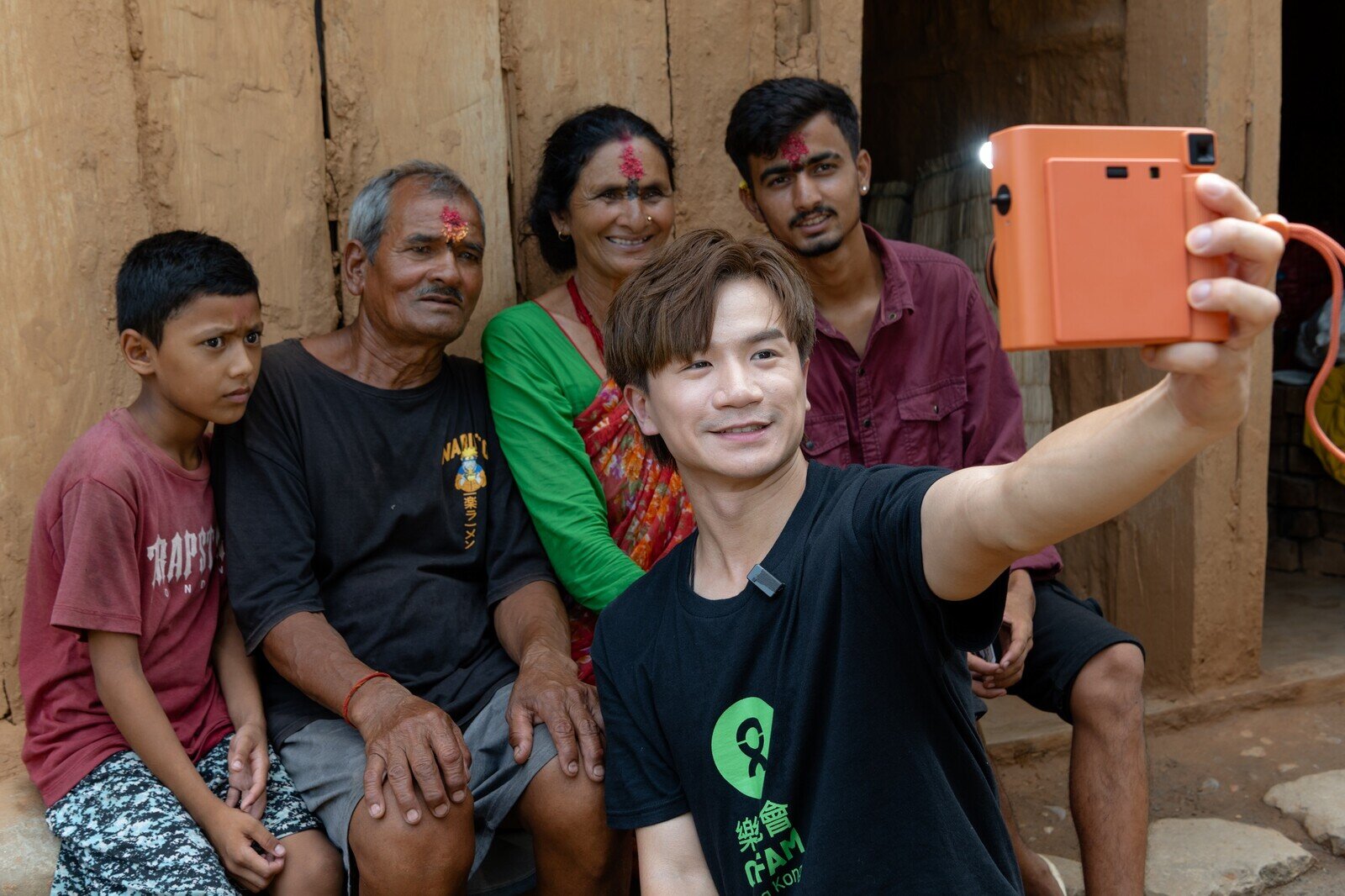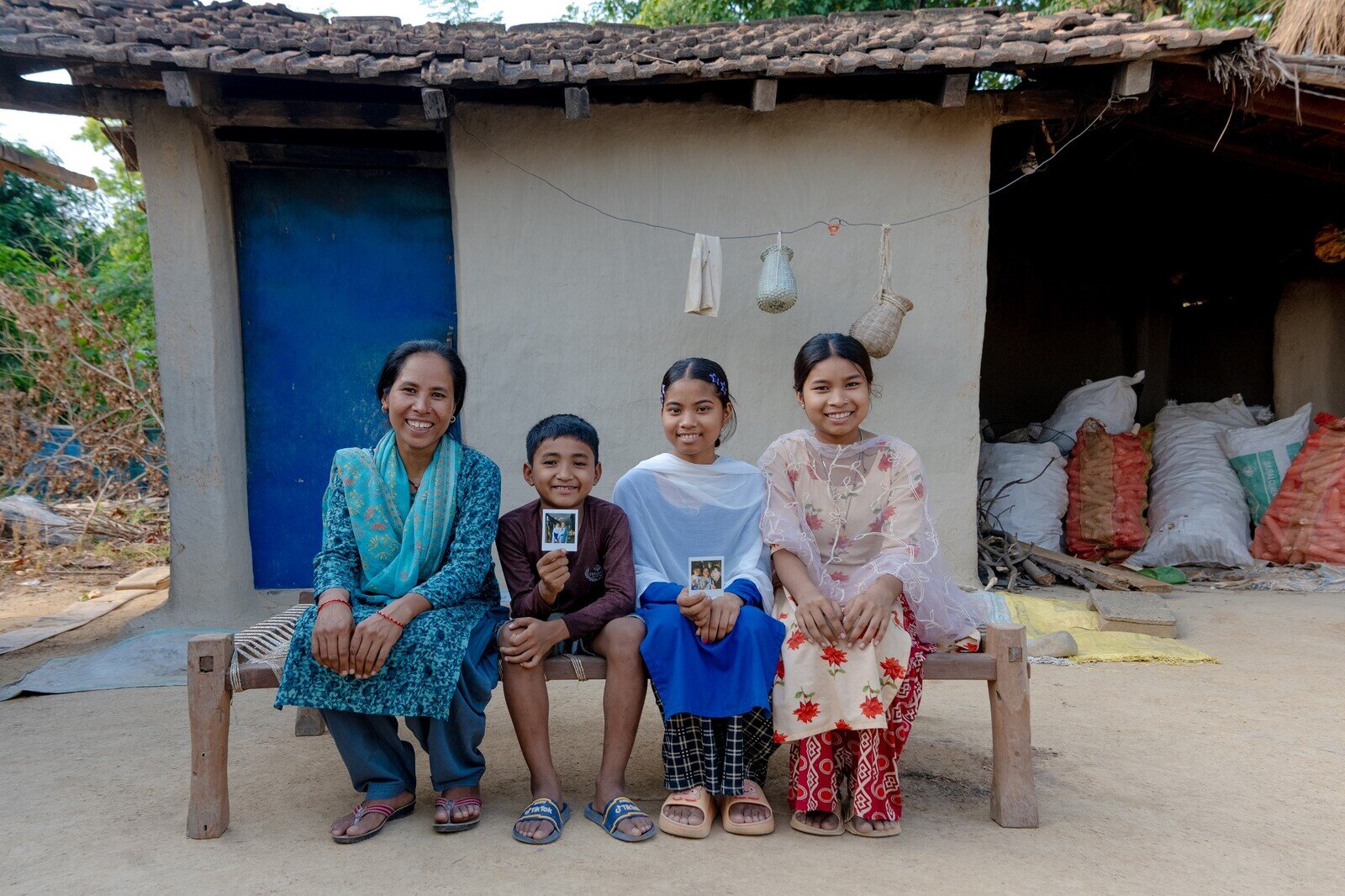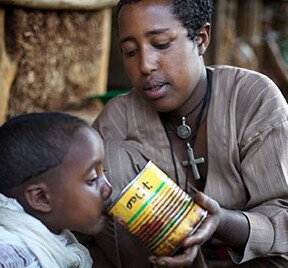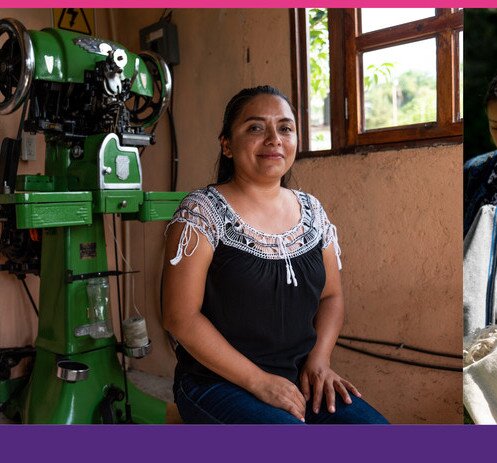Fast Facts
Nepal is located in the inland region of Asia. Many remote communities have weak basic infrastructure and inconvenient transportation. In recent years, they have faced constant disaster risks brought on by climate change, making the local poor population even more vulnerable.
Oxfam has been working in Nepal since the 1980s to create lasting solutions that empower people for a future that is secure, just, and free from poverty. We work with communities, national and international partners to find practical and innovative ways for people to lift themselves out of poverty and thrive.
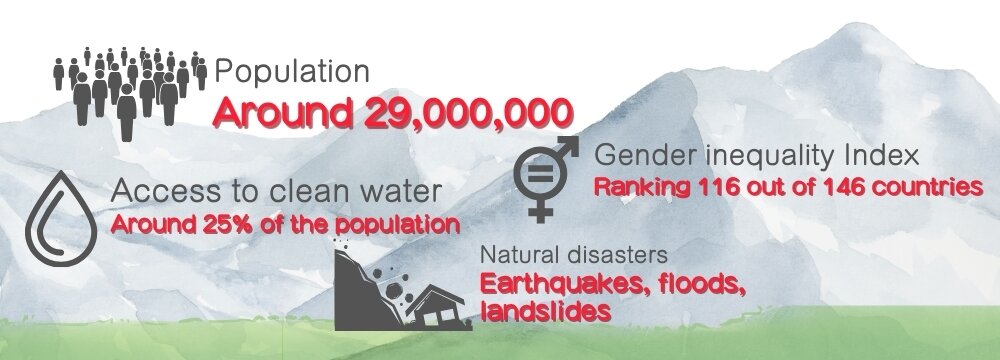
Sources: World Bank, United Nations Sustainable Development Group, United Nations Development Programme, National Population and Housing Census 2021
Andy Leung in Nepal
Andy visited communities in Nepal and witnessed how vulnerable people there respond to natural disasters and fight against poverty with a smile.
Collecting Smiles
Dream of Next Generation
Seed Bank
Simulation
Main drivers of poverty and vulnerability in Nepal:
80% of the population is at risk of natural and climate-induced hazards.
*Multidimensional Poverty Index 2023
Gender inequality has made women’s lives even more difficult.
Many men in the village are migrant workers, so women are left to farm and take care of the family alone.
Poor infrastructure in education and transportation.
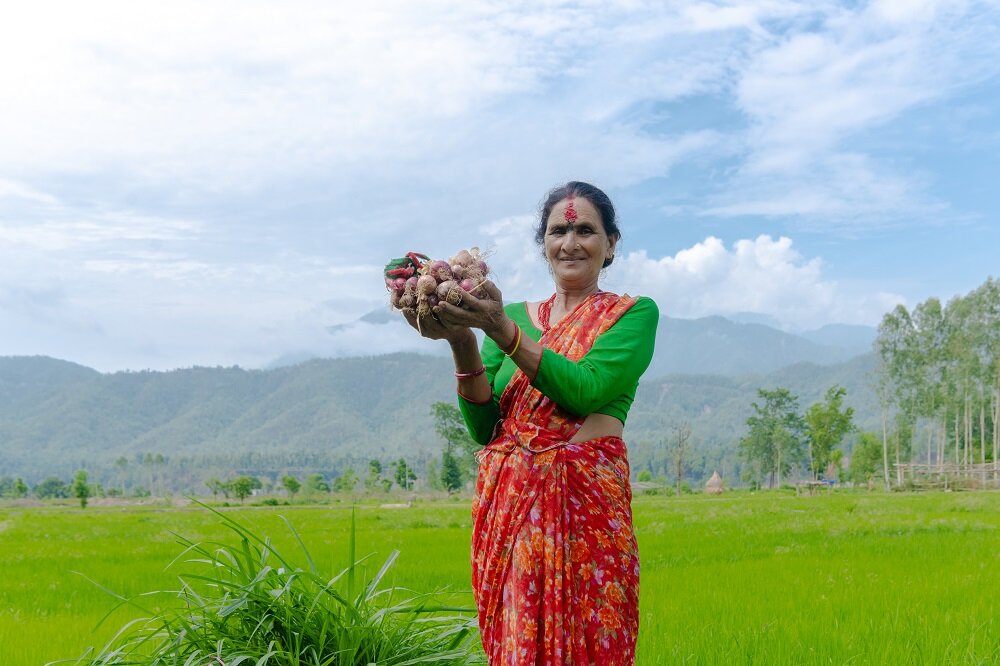
Post-Disaster Assistance
Chandra Devi Bam, 67, earns a living through farming, but a relentless flood submerged all her farmland, suddenly losing her livelihood and forcing her children to give up their education.
Last year, Oxfam helped restore Chandra's damaged farmland, allowing her to replant rice and yield around 500 kg, ensuring the family has nutritious and sufficient food.
She happily shared, "After restoring the farmland we have a stable income without needing to borrow money to buy food, and can now support my grandson to complete his education!"
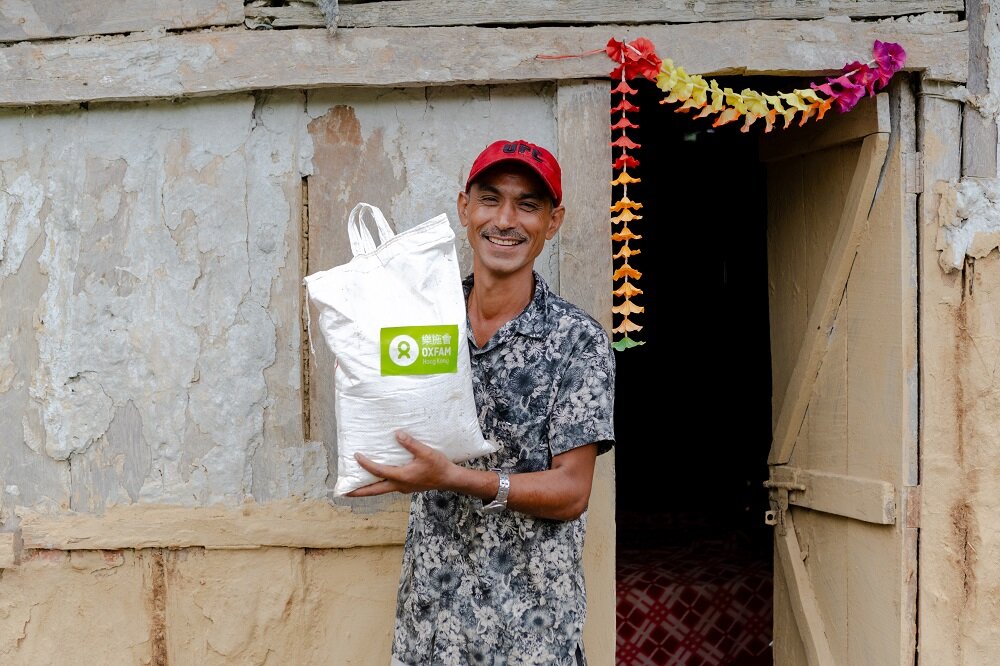
Humanitarian
Man Bahadur Thapa, 47, lives with his family in the vulnerable community of Parshuram Municipality in Dadeldhura district of Sudurpashchim Province in Nepal, but their farmland and homes were also destroyed overnight by a sudden flood.
Through Oxfam's Resilience and Climate Justice programme, Man's family received emergency relief items such as food packs, hygiene kits, and cash assistance to address urgent needs.
With Oxfam's help, Man also joined the community disaster management committee and successfully advocated for the construction of embankments as chairman, implementing a series of disaster prevention measures to reduce villagers' vulnerability to disasters.
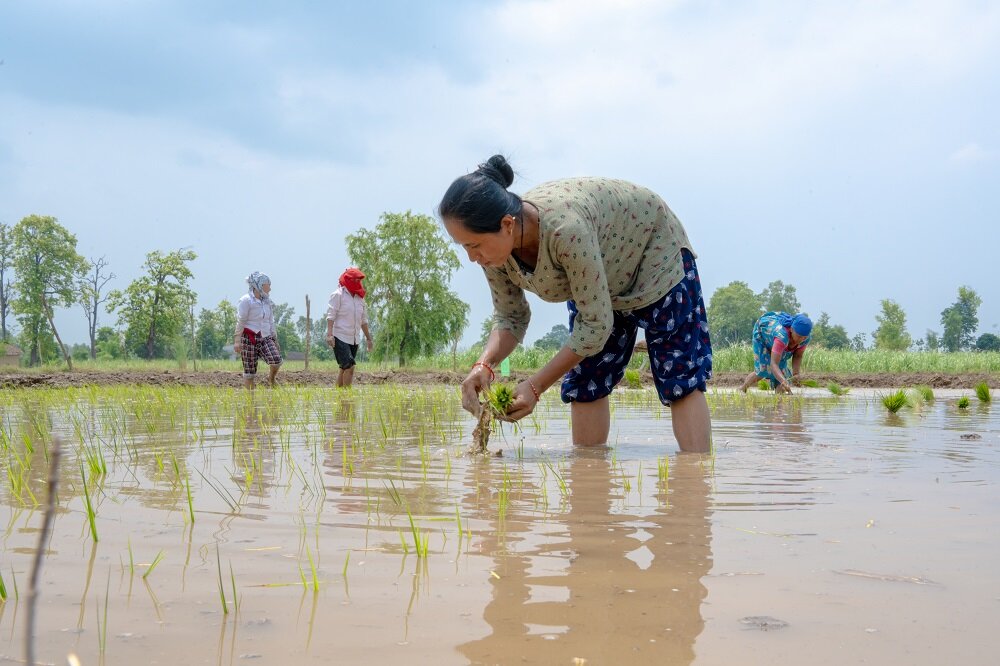
Climate Change Adaptation
Suresh Kumari Chaudhari, 36, lives with her family and relied on farming to sustain their livelihood, but suffered a sudden flood disaster, causing the family to lose their agricultural income.
With Oxfam's help, Suresh enhanced her planting skills through agricultural training courses, and joined the local seed bank cooperative to receive high-quality seeds, changing to drought-resistant crops to adapt to climate change. Now, her agricultural income is gradually increasing, earning 60,000 Nepalese rupees in income annually to improve her family's living standards.
empowers smallholder farmers
CONTACT US FOR ASSISTANT.
3120 5000EMAIL

